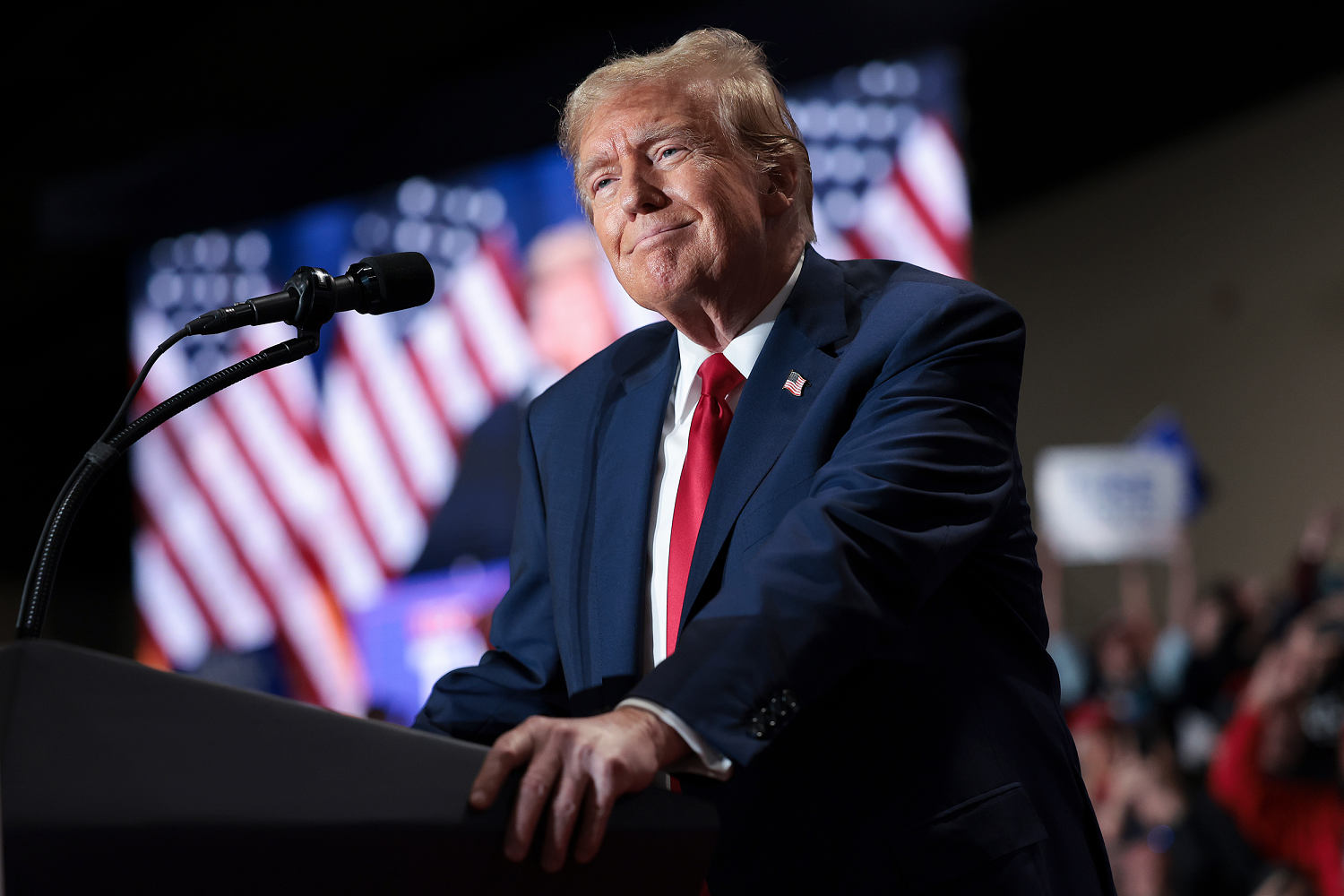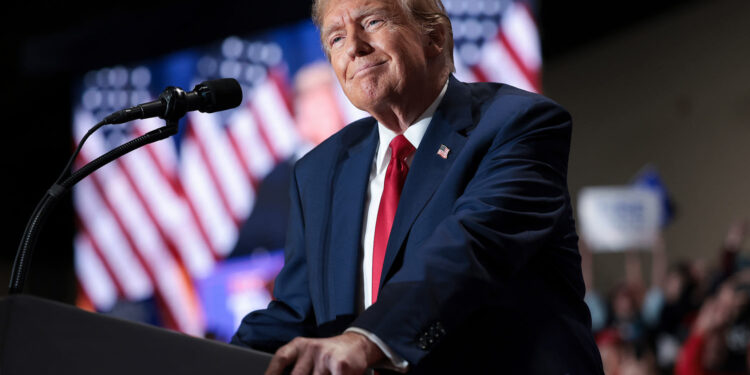
Attorneys for Donald Trump indicated in a letter to the presiding judge in the former president’s hush money case that they want him to postpone sentencing and set aside the trial verdict following the Supreme Court’s presidential immunity ruling Monday.
The lawyers said they want to brief New York state Judge Juan Merchan on the relevance of the high court’s immunity decision and an argument that the decision confirmed that the Manhattan district attorney should not have been able to offer evidence at trial concerning Trump’s official acts as president.
Trump’s attorneys are seeking to throw out his conviction 34 felony counts of falsifying business records and postpone next week’s sentencing, according to two people with direct knowledge of the matter.
Trump pleaded not guilty to the charges, which stemmed from a hush money payment his former attorney Michael Cohen made to adult film star Stormy Daniels in the final weeks of the 2016 presidential campaign.
News of the attorneys’ plans to file the motion was first reported by The New York Times.
Trump’s attorneys pointed to an element of the Supreme Court opinion that limits what evidence can be used at trial. Trump is scheduled to be sentenced in 10 days.
Many of the actions entered into evidence during the hush money trial occurred before Trump took office in 2017. The events that took place after his time in office related to checks he signed from his personal account while he was serving as president and records prepared by his business. Prosecutors also discussed a meeting Trump held with Cohen at the White House.
The district attorney’s office declined to comment Monday night.
The Supreme Court ruled 6-3 along ideological lines Monday to reject Trump’s broad claim of immunity in his federal election interference case. The charges tied to Trump’s efforts to overturn the 2020 election results will not be tossed out, but some actions closely related to his core duties as president are off-limits to prosecutors from the special counsel’s office in that case.
The immunity decision is expected to further delay that case, nearly ensuring that the trial will not start before Election Day.







